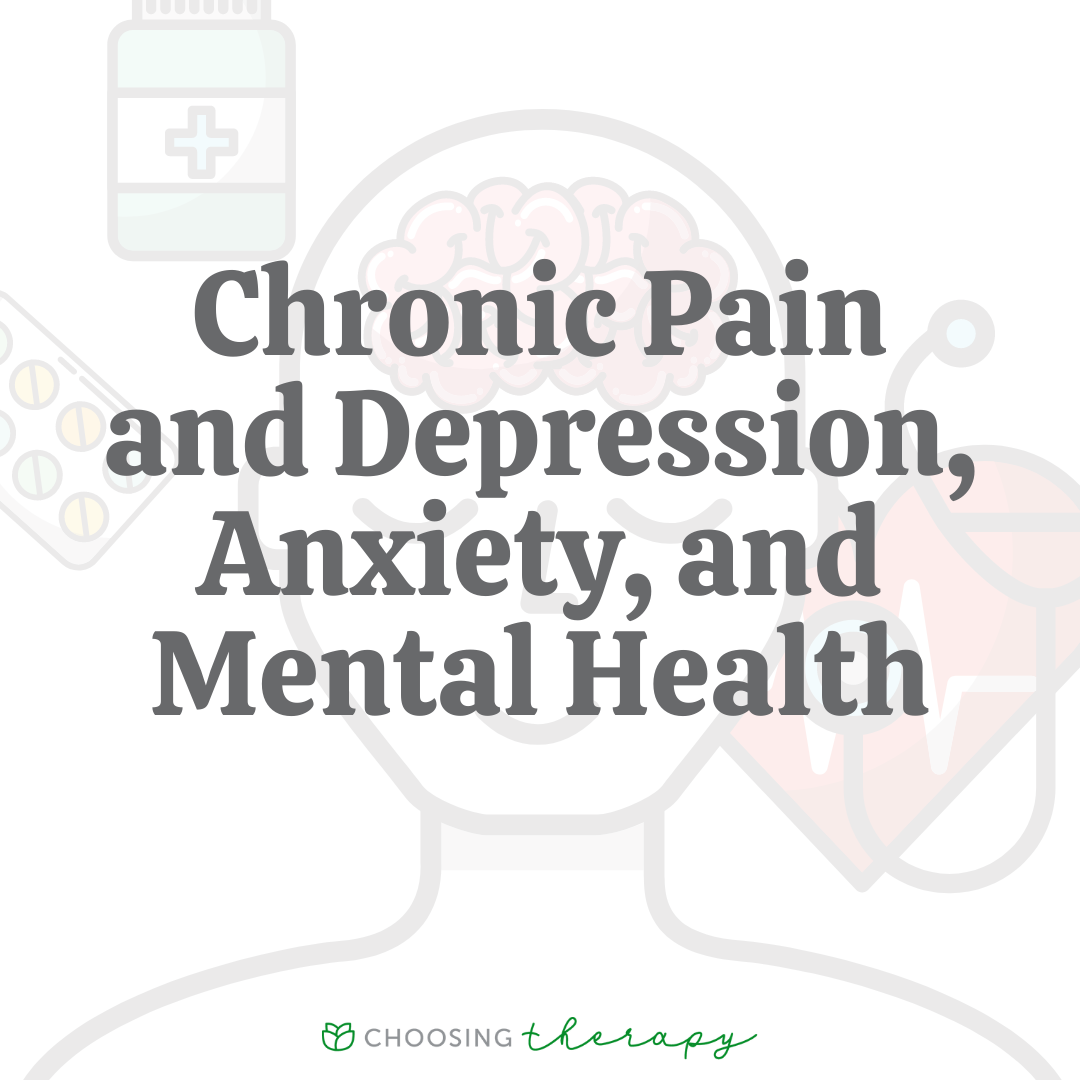Chronic pain is a common and often debilitating condition that can significantly impact an individual's quality of life. It is defined as pain that persists for more than three months, and it can be caused by a variety of factors such as injury, surgery, illness, or an underlying medical condition.
In addition to the physical discomfort associated with chronic pain, it can also have a significant impact on an individual's mental health. Chronic pain can lead to feelings of hopelessness, depression, anxiety, and stress, which can further exacerbate the pain and create a vicious cycle.
One effective treatment option for chronic pain is psychotherapy, which can help individuals better manage and cope with their pain. Psychotherapy can be particularly useful for individuals who have experienced trauma or have a history of mental health issues, as these factors can contribute to chronic pain.
There are several different types of psychotherapy that can be effective in managing chronic pain, including cognitive behavioral therapy (CBT), mindfulness-based therapy, and acceptance and commitment therapy (ACT).
Cognitive behavioral therapy (CBT) is a type of therapy that focuses on changing negative thought patterns and behaviors that contribute to chronic pain. This type of therapy can help individuals identify and challenge negative thoughts and behaviors, and develop more helpful ways of thinking and coping with pain.
Mindfulness-based therapy is a type of therapy that involves focusing on the present moment and accepting thoughts and feelings without judgment. This type of therapy can be particularly helpful for individuals with chronic pain as it can help them become more aware of their thoughts and emotions, and better manage them in a healthy way.
Acceptance and commitment therapy (ACT) is a type of therapy that focuses on helping individuals accept their pain and the limitations it may present, while also committing to engaging in meaningful and fulfilling activities despite their pain. This type of therapy can help individuals with chronic pain develop a sense of purpose and meaning in their lives, and better cope with the challenges that chronic pain may present.
In addition to these types of therapy, there are also other treatments and approaches that can be helpful in managing chronic pain, such as physical therapy, medication, and relaxation techniques. It is important for individuals with chronic pain to work with their healthcare provider to develop a treatment plan that is tailored to their specific needs and goals.
In conclusion, chronic pain can have a significant impact on an individual's physical and mental health. Psychotherapy can be an effective treatment option for individuals with chronic pain, helping them better manage and cope with their pain and improve their overall quality of life. It is important for individuals with chronic pain to work with a healthcare provider to develop a treatment plan that is tailored to their specific needs and goals.






/cdn.vox-cdn.com/uploads/chorus_asset/file/10851215/brain_pain_sketch2.jpg)

